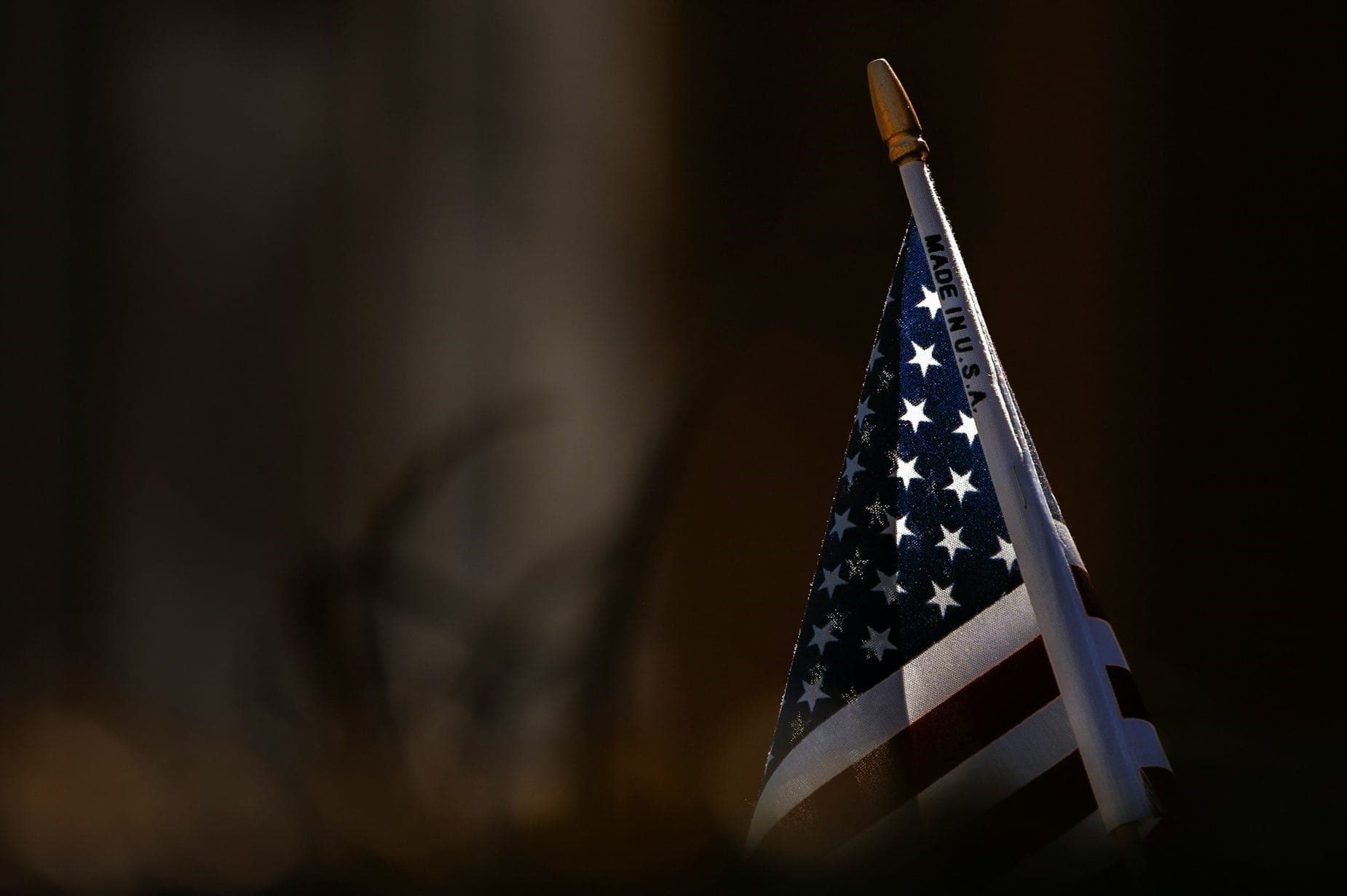Where Is the Hope?

From 2013 to 2016, I authored over 40 articles published by the Independent Voter Network (IVN). I wrote to overcome the partisan divisiveness which had paralyzed our federal government. I wrote about organizations, candidates, individuals and efforts that emphasized non-partisan solutions to the issues we face in America. Hope and positivity were my mantra.
In 2016, just prior to the election, I urged voters to vote their conscience, a popular refrain endorsed by the disparate voices of both Hillary Clinton and Ted Cruz. Donald Trump won that election and the rest, so to speak, is history. I stopped writing soon after that election. IVN has strict rules of etiquette that its contributors must abide by, avoiding partisan and person attacks, among them. After the 2016 election results, I felt I ran out of nice things to say. Hope took a backseat.
After four years of the first Trump Administration, I regained some of my optimism with the election of Joe Biden, but it was quickly extinguished by the events that followed; January 6th and its aftermath still pervade the country today. In the past weeks, with the increasing speed and frequency of his actions, Donald Trump 2.0 has made it difficult to see any bright side of at least our immediate future. But silence can be complicity, and I believe it is crucial to publicly speak out and I urge others to do the same. Until the next election, our collective voices may be all we have.
Where to begin? A trade war against our neighbors and other countries threatens our economic prosperity. Executive orders and the authority given to the Department of Governmental Efficiency (DOGE) undermine our democracy. The appointment of Cabinet secretaries and other key positions based solely on one’s loyalty to the President above qualification is a dangerous precedent. The abrupt abandonment of foreign aid and global relationships has potentially terrifying consequences within our borders and beyond. Deportation threats instill fear among our immigrant friends and neighbors, documented or not.
And where does it end? The immediate and future impact domestically on the multitude of federal employees and contractors who have become targets is vast and beyond comprehension. Public anxiety over which programs and services may be next is all-pervasive.
So where is the hope?
Robert Reich recently wrote a piece entitled, “What you can do,” identifying 16 calls to action to help us combat and cope with what is happening around us. The last item in his list is to keep the faith. “Do not give up on America. Do not fall into the traps of cynicism and defeatism,” he writes.
Members of Congress, state and local officials, attorneys general, labor unions and other groups are joining in litigation and pushing back against some of the more egregious threats we are facing. Journalists continue to play their critical and influential role in educating and shedding light on facts. Grassroots organizations and individuals have mobilized in ensuring that our voices will not be suppressed.
More in Common, an organization dedicated to finding common ground and bringing people together in America, recently conducted a poll that “revealed a surprising consensus among Americans: a commitment to constitutionality, bipartisan support for wildfire relief, shared beliefs in principled foreign policy, and a desire for unity.” I wholeheartedly agree that it is helpful, indeed crucial, to glom onto what unites rather than divides us. Time will tell whether these common beliefs will be enough to thwart the recent alarming actions that threaten our republic.
Reich ended on this note: “The forces of Trumpian repression and neofascism would like nothing better than for us to give up. Then they’d win it all. We cannot allow them to.”
We all need to find a way to let our voices, perhaps the last bastion of democracy, be heard. That is where the hope lies.






